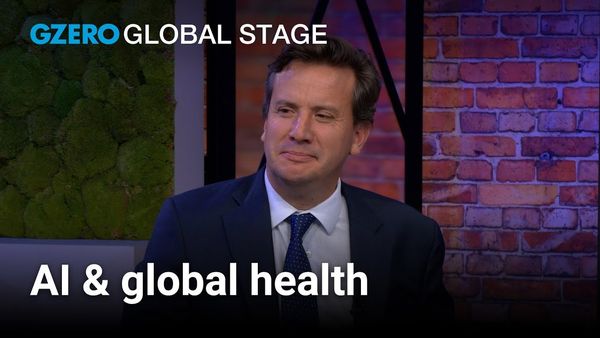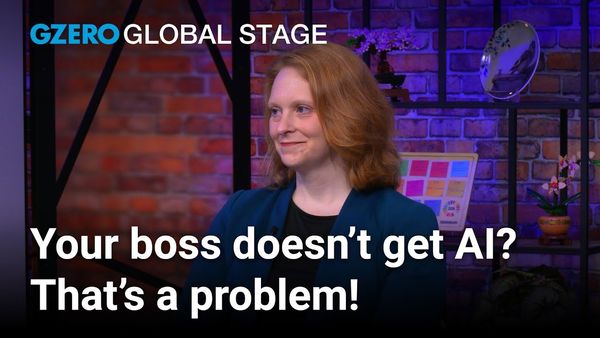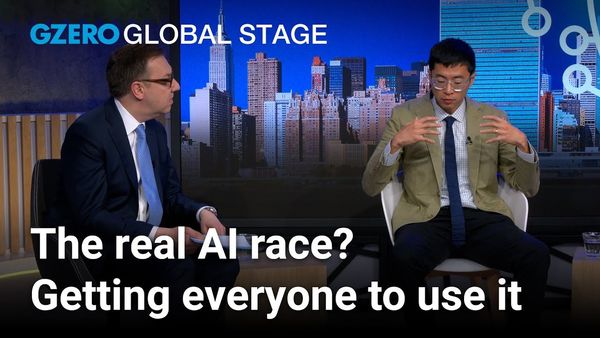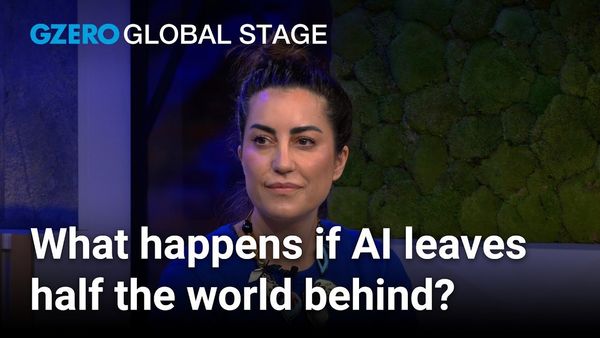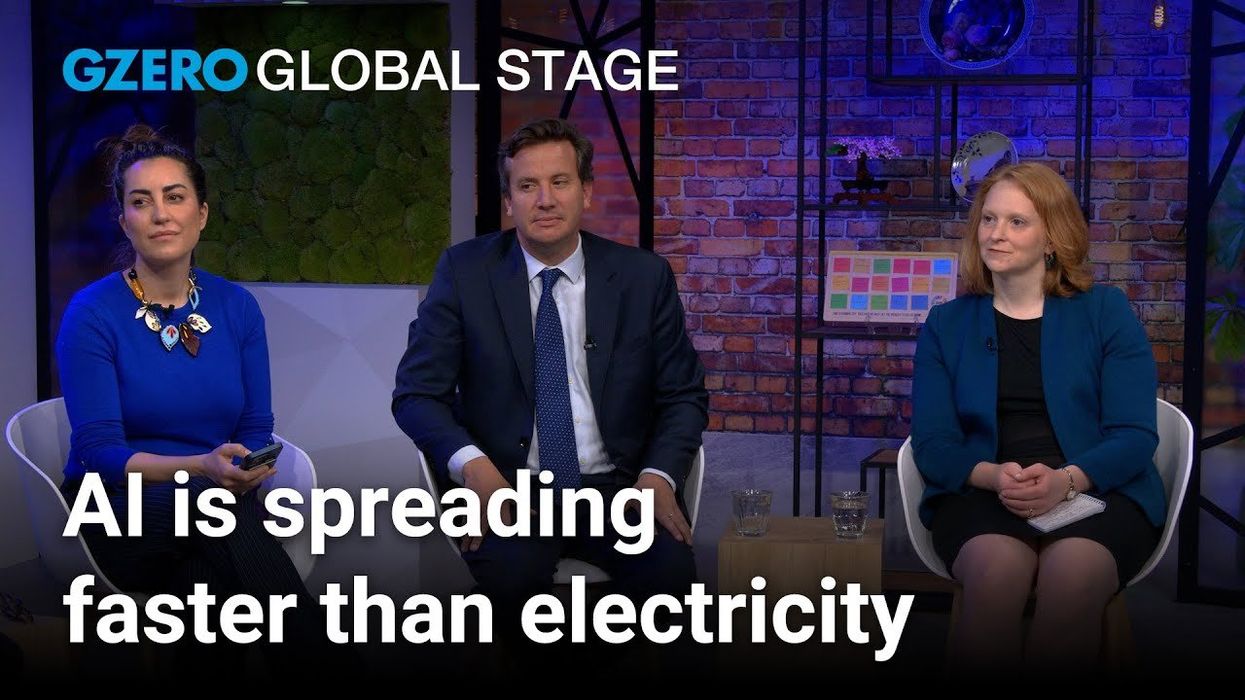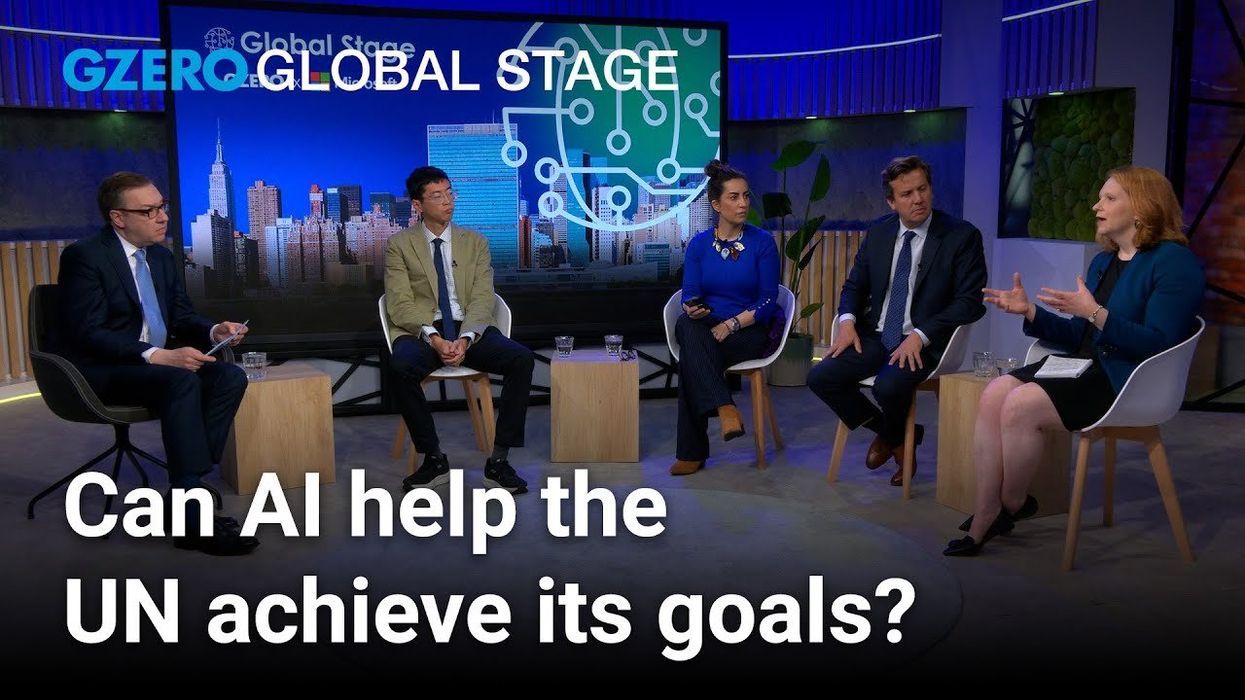What is the strongest country in the world? Parag Khanna, bestselling author and CEO of the data analytics company AlphaGeo, argues that the answer isn’t as obvious as the United States or China.
Many indices rank nations based on GDP, military strength, population, or freedom. Khanna and his team have created a new one that includes all those factors and more. The goal is to provide investors, academics, and even digital nomads a clearer sense of how safe, resilient, and stable a nation is.
Khanna calls it the Periodic Table of States, and ranks nearly 200 countries on key factors like “strength,” which is a measure of might, wealth, and resources, alongside “stateness,” a geopolitical term referring to authority and governance.
Which country came out on top? Switzerland. Germany was a close second. And the US and China didn’t make the top 5.
GZERO’s Tony Maciulis spoke to Khanna about the table, why democracy doesn’t necessarily mean stability, and where the US is heading politically in the era of President Trump 2.0.





